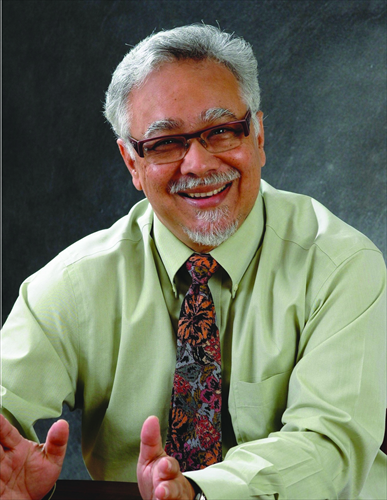Yeni donemin adi – Post neo-liberalizm

In an interview given on 2 October 2013 to the Turkish newspaper ‘Birgün’, Prof Prasenjit Duara, a distinguished historian of China, talks about current neoliberal transformations of the economic and political landscape of Asia.
Firstly commenting on emerging cleavages in the Communist Party of China between the party’s left wing and those members of the party promoting neoliberal politics, Duara moves on to analyse what he calls ‘post-neoliberalism’. Referring primarily to ‘emerging nations’ like China, India or Latin American states, he uses this term to describe how neoliberal states launch ‘welfare’ reform programs to secure the income of the poorest in order to prevent social upheaval while continuing their neoliberal political and economic direction. However, this new post-neoliberal state interventionism should not be confused with the classical model of the welfare state. Instead of representing a return to former welfare models, this new model perpetuates neoliberalism on the basis of multiple forms of private-public cooperation. Duara states that the realization of these semi-state reform programs is a reaction on part of the governments to emerging protests from the population against neoliberal politics. Furthermore, these new forms of protest (to which he includes the recent Gezi protests in Turkey) cannot be grasped by the terms of classical class analysis because the most defining criterion of these protests is their lack of institutional organization.
After illustrating his understanding of post-neoliberalism and the new forms of protest it generates, Duara comments on the changing position of Asia in the world market and the geopolitical consequences of these changes. According to Duara, China's influence in Asia has been steadily increasing since the Asian Financial Crisis in 1998, while in a parallel process the economic inter-connectedness and inter-dependency of the various Asian states has also significantly augmented. Similarly the relations between the Middle East and the Far Eastern States, especially China, have greatly intensified during the last decade. On the other hand, the United States are concerned and uneasy with the growing west-ward influence of China.
The interview concludes with two questions of special interest to a local Turkish readership. Asked about the situation in East-Turkestan, Duara evaluates the situation in the region as problematic for the local population. Continuing Chinese migration, settlement and economic investment in the region point towards an unbroken pressure for assimilation. Concerning the Gezi protests in Turkey, Duara expresses not so much his surprise about the eruption of these protests, but rather about the fact that these protests make apparent to what great extent neoliberal politics have been adopted on part of an Islamic leadership. Finally, Duara emphasizes that in Turkey unlike in the West people have to protest both against neoliberal politics and an anti-democratic government style alike.

